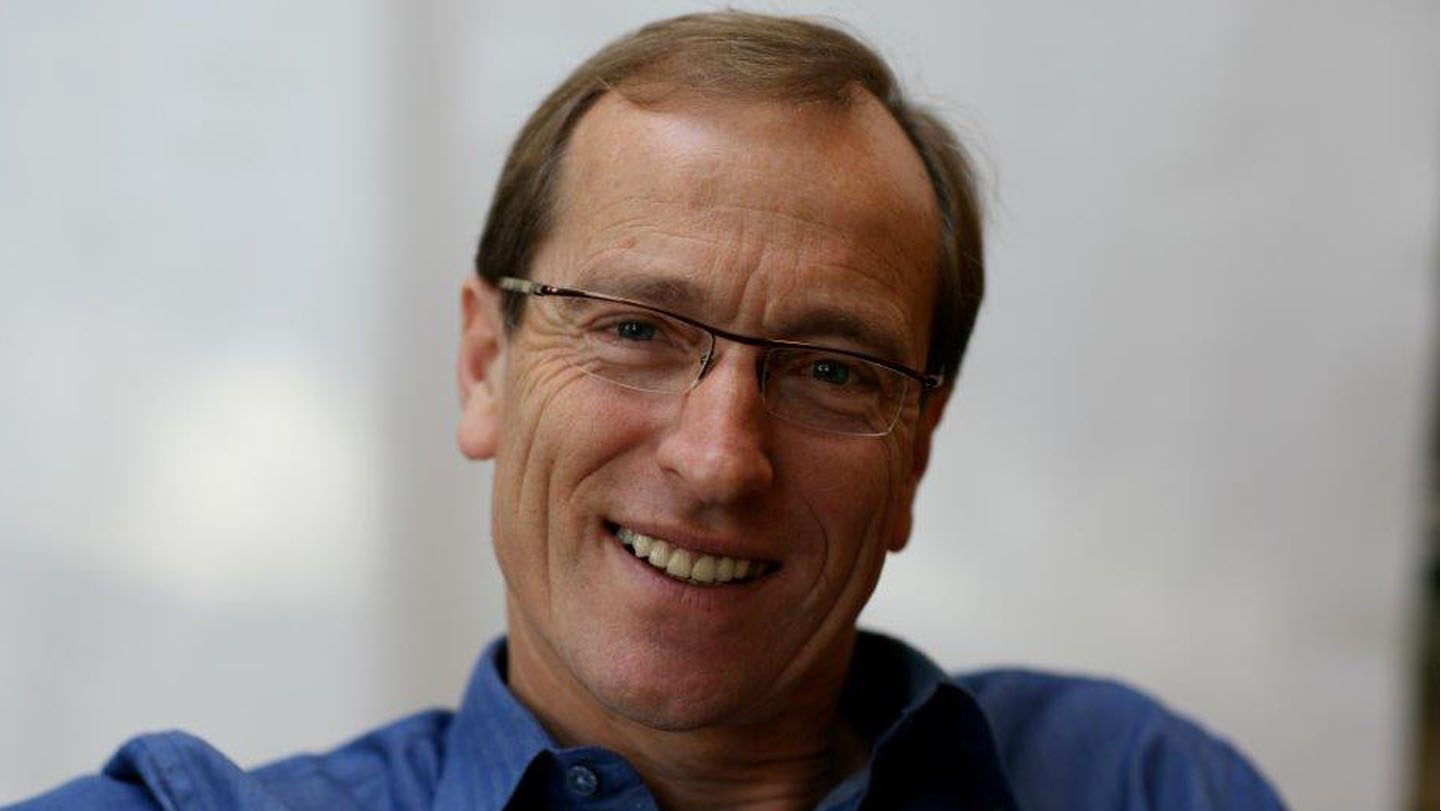Nadhim Zahawi’s dismissal from the government represents a dismal ending to a great story of an exile made good. His father escaped Iraq after displeasing Saddam Hussein and Nadhim Zahawi did not speak any English when he arrived in the UK in 1978 at the age of 11. A decade later he graduated in engineering and by then he had already exemplified entrepreneurial flair. He met Jeffery Archer while they were both campaigning for the human rights of the Kurds and in 1999 supported his unsuccessful London mayoralty campaign. He went on to found the polling firm YouGov with Stephan Shakespeare whom he met on this campaign.
Most of the coverage of this story will, understandably, focus on standards in public life, and the failure of politicians to practise what they preach. Public trust suffers when government ministers behave in ways that they would publicly condemn in others. The damage is even worse when it turns out that the minister responsible for setting taxes has failed to pay taxes promptly and properly. Above all it comes back to fairness. There is little for a country to be proud of when tax fraud is 23 times less likely to be prosecuted than benefits crime, even though the amount of money lost to the Treasury from tax fraud is nine times more than from benefits crime.
Scandals like this one make for compelling reading in the newspapers. Yet Zahawi’s past reminds me that there is another kind of story that rarely makes headlines. It is the story of breakthrough by enterprising refugees and migrants who make this country a better place. Courageous, determined people who overcome the prejudice and obstacles we place in their way to achieve great things for themselves and for the community.
Like Nadhim Zahawi, Ram Gidoomal had enjoyed a comfortable life in Kenya, when, in 1968 at the age of 17 with his family he was expelled from Kenya and their business confiscated. In his compelling autobiography he describes how he arrived in Britain as an ‘alien’ with ‘no right to work’ stamped on his passport. [i]
He writes:
‘London in 1968 did not feel to be a safe place to be an immigrant. We cowered around our black and white television while Enoch Powell warned the good people of Britain about the risk of racial conflict which would soon… (cause) rivers of blood to flow’.
Although he had the support of a well-established extended family, Gidoomal faced many obstacles. He won a place on a PhD programme but was then told he didn’t qualify because he was classified as an alien. He fell in love with a girl of a different caste and both were told it would be impossible for them to marry. While he was a student he converted to Christianity and that made him less acceptable to many members of his own community.
Twenty years on from his arrival in the UK he was a highly successful businessman. On a trip to Bombay he asked a contact who was running a charity in the slums of Dharavi (scene of Slumdog Millionaire) to show him round. The squalor and the brutal exploitation of boys and girls aged only five shocked him. So much so that he decided to give up his business career and commit to Christian philanthropic work.
He writes:
‘I finally realised what my purpose was….,I had always tried to live by the strong values of equality and care for others…But what happened to me in Dharavi overturned everything.’
The immigrant of Indian origin had settled in the UK and become a success story. Now he had been roused by India’s needs to intervene on a significant scale.
Later after long experience in business leadership and in philanthropic work, he continually made it on to shortlists for public appointments only for someone else to get the job. (He came to the conclusion that it had become obligatory to add some token diversity to the short list but not go as far as appointing him). Eventually he overcame this hurdle: he has been a distinguished servant on many public bodies. While serving on the Home Office Complaints Audit Committee he conducted a forensic analysis of their data. He discovered and exposed the scandal that hundreds of complainants’ files had been shredded without explanation, exposing what he describes as ‘the lack of accountability towards refugees and asylum seekers in the UK’.
Whatever happens to Nadhim Zahawi, it would be good if we in the UK could truly appreciate the struggles involved in being a refugee or an asylum seeker to the UK and remove some of the obstacles we place in their way.
For as Ram Gidoomal,CBE, put it in a speech to a dozen refugees.
‘Here are the strengths and advantages you have over the majority of the population in the UK.
You speak languages that very very few people in the UK speak.
You have contacts and connections in your countries of origin that many exporters and importers in this country would die for.
You have knowledge of those local markets and market intelligence for products’.
This perspective seems timely in a week when it was admitted that 76 asylum-seeking children had gone missing from a Brighton hotel managed by the Home Office.
Never mind lack of accountability. What a basic failure in our duty of care. I cannot help wondering about the talent and wasted potential of some of those abandoned children. That too is a story about fairness.
Mark Goyder is the Founder of Tomorrow’s Company and Senior Advisor to the Board Intelligence Think Tank He is the co-author, with Ong Boon Hwee, of Entrusted – Stewardship For Responsible Wealth Creation, published by World Scientific.
[i] My Silk Road The Adventures and Struggles of a British Asian Refugee Pippa Ramm Books 2022
